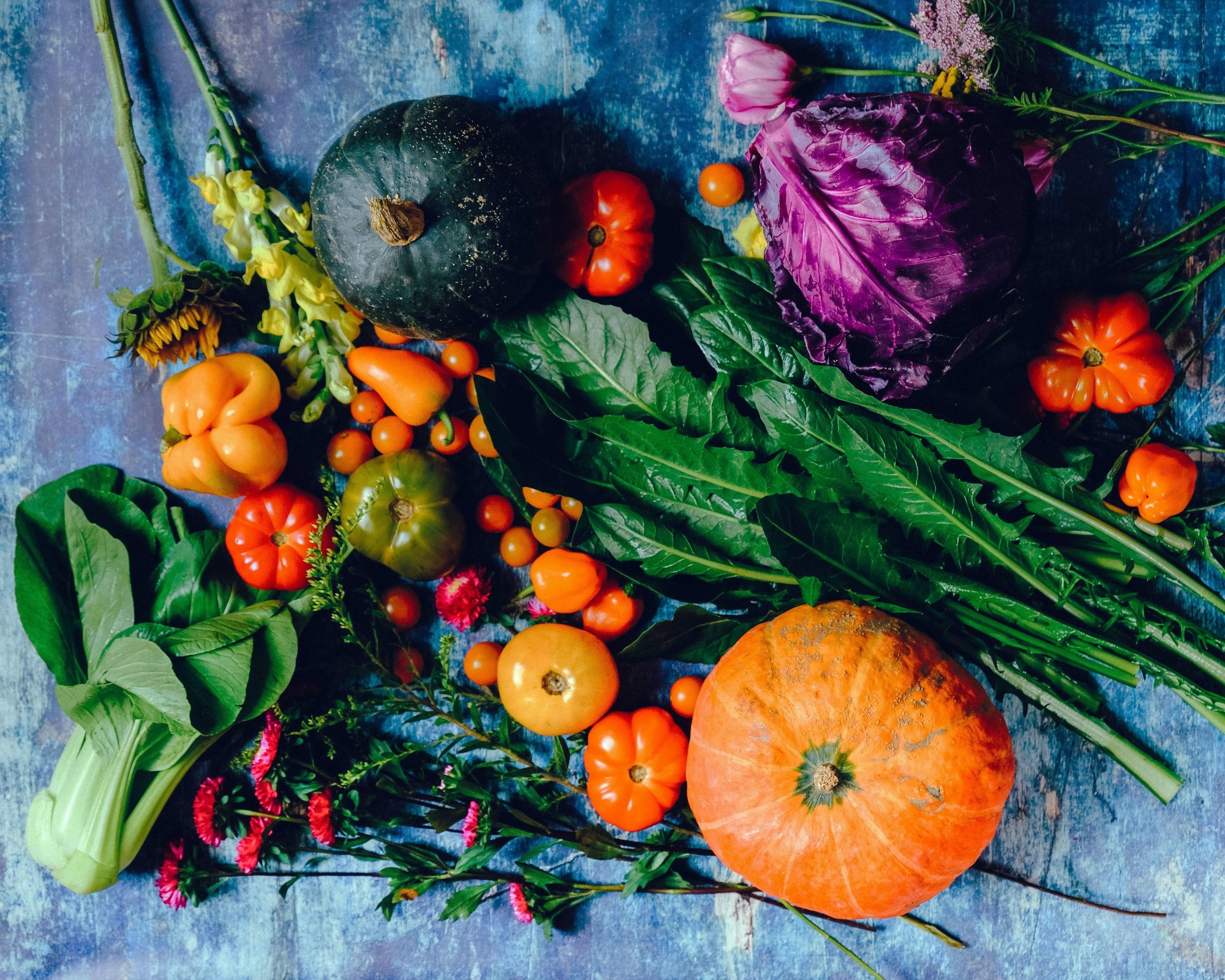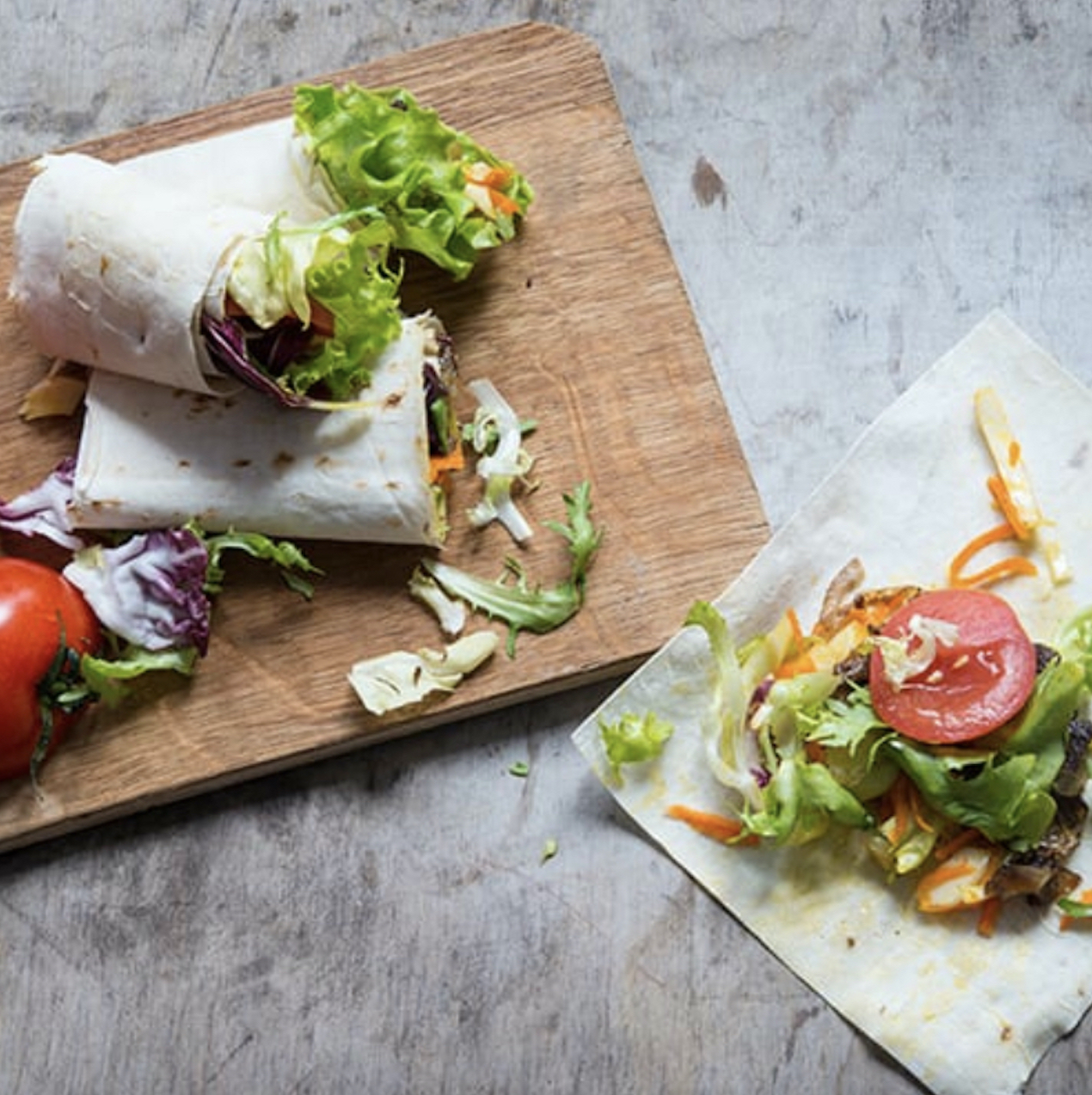It’s a known fact that proper nutrition is the foundation of good health and that we are what we eat. Essential micronutrients, such as vitamins and minerals, and essential macronutrients, like carbs, fat, and protein, sustain our body and give it fuel while nurturing our hair, nails, and organs. With the growing global population comes the increasing demand for more food. How is that achieved? With the help of pesticides and GMOs. Unfortunately, that’s not a healthy option.
Therefore, many people and companies turned to organic foods. So much so that the global sales of organic foods exceeded $90 billion in 2016. It is estimated that this amount will only grow in the future.
What Is Organic Food?
Animals raised organically are not given antibiotics or synthetic growth hormones. Organic farming protects the environment, respects the ecosystem, and uses renewable energy sources. Regarding pesticides, organic food is not necessarily free of any chemicals. That’s because the land might’ve been used for other purposes and can still contain residues. Still, the levels of pesticides are lower compared to non-organic foods. Nutritionwise, researches show that organic foods contain less nitrate, more vitamin C, and more selenium.
Are Australians Going Organic?
Organic food in Australia includes everything a person might wish for:
- Fruit
- Vegetables
- Dried legumes
- Grains
- Meat and meat products
- Dairy
- Eggs
- Honey
- Other processed foods
The organic food market is growing in Australia. There are two standards for the production, processing, and labelling of the food:
- The National Standard for Organic and Biodynamic produce
- The Australian Standard for Organic and Biodynamic produce
According to the latest reports, Australian organic products are exported to 61 countries, and new markets are opening up along the way. The total value of the organic market in Australia is about $2.6 billion and has had a compound annual growth rate of 13% since 2012.
The average organic farming industry’s growth between 2014 and 2019 was 23.6%.
Supermarkets are the regular and main distribution channel of organic foods, as over 90% of consumers claim that’s where they buy organic. Fruit and vegetables are the most purchased organic items. The number of families that have bought organic products in the past year has increased to 65%.
Demographic is such that there’s no specific cohort of shoppers. Australian consumers come from all parts of the community. The most distinctive are millennials who are more interested in buying organic foods.
It’s important to mention that those who buy organic are looking at labels and the information provided to help them make an educated decision. They are seeking to understand ingredients, country of origin, and other specifications.
Conclusion
Even though it might be a bit more expensive, organic food seems to be more appealing because it’s healthier. People are aspiring to eat better and sometimes switch to organic in the hope of curing some diseases. The humane treatment of animals is another reason why many buy organic foods. With the way things are at the moment, the organic food market will grow globally, and Australia won’t stay behind.
You may also like to read:









